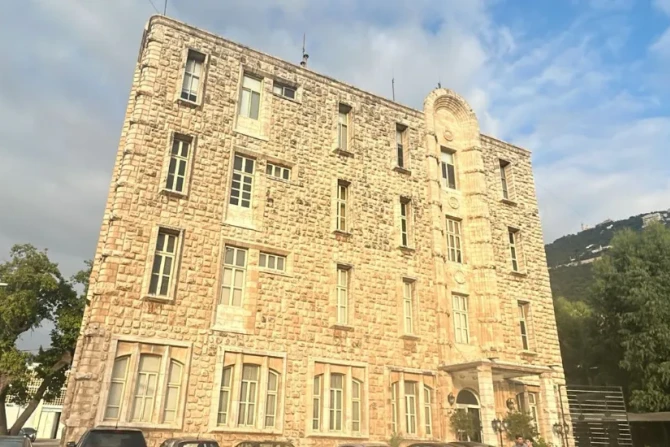Lebanon’s education system is on the brink of collapse due to war, displacement, and economic crisis. Approximately half of the country’s public schools have been converted into shelters for displaced individuals, leaving many children without access to education. However, Catholic schools remain a beacon of hope, with around 75% still operational, according to Father Mouin Saba, president of College des Apôtres in Jounieh.
These schools, founded by the Congregation of Lebanese Maronite Missionaries, welcome students of all faiths without distinction. Saba emphasized the importance of keeping Catholic schools open, stating, “As Christians, we believe we are called to spread hope and life… Through education, we have the opportunity to spread hope and life.”
Catholic schools in Lebanon have a rich history, dating back to the Pontifical Maronite College in Rome, established by Pope Gregory XIII in 1584. Today, these schools provide an excellent education, teaching in three languages: Arabic, French, and English. Graduates often attend prestigious universities worldwide.
Noelle El Hajj, a middle school teacher, highlighted the vital role of Catholic schools during this crisis. Having experienced interrupted education during the Civil War, she emphasized the long-term consequences of poor or missed education. El Hajj expressed concern about losing Lebanon’s robust education system to war.
The ongoing crisis marks the sixth consecutive year of significant educational disruptions for Lebanese children. The World Bank warns of long-lasting effects, with recovery potentially taking generations. El Hajj’s students frequently ask about the war’s end and its impact on their lives.
Father Saba noted that his school has welcomed displaced students but struggles financially. The Lebanese Ministry of Education reports that 40% of the country’s 1.5 million students have been displaced due to Israeli airstrikes. Saba emphasized the need for comprehensive national action, stating, “Lebanon needs rescue, not just aid… We need to restore the dignity of the nation through the restoration of the state.”
The Christian community in Lebanon, though economically devastated, remains rich in humanity, faith, and national spirit. Saba highlighted the critical roles Christians play in various sectors, including hospitals, schools, and universities, and in assisting displaced individuals. He emphasized the importance of a strong Christian presence in the state for Lebanon’s recovery.



